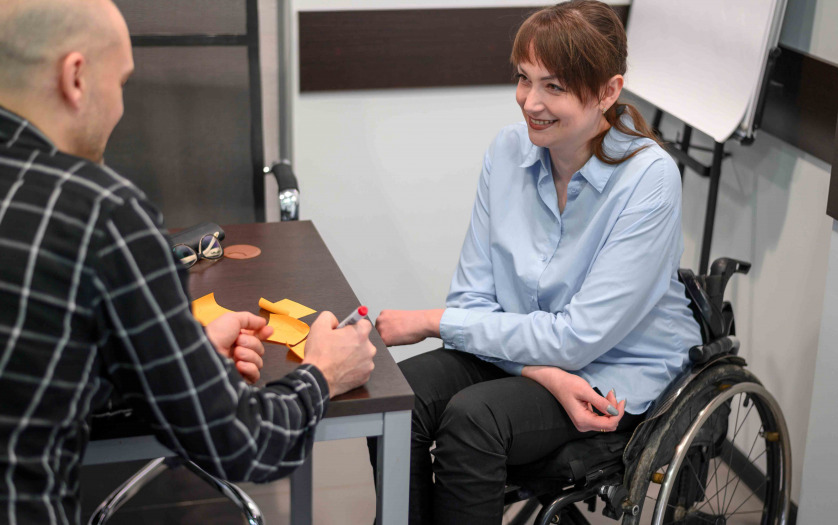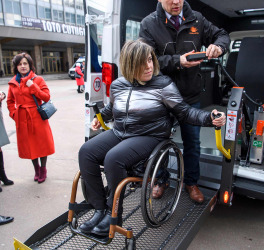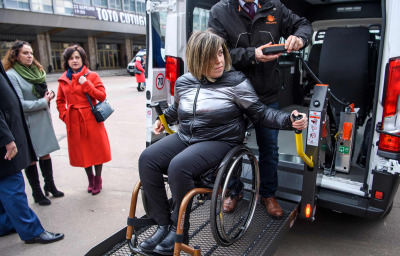
Ireland should better engage with employers to increase hiring and keeping staff with disabilities while at the same time improve its passive disability benefit system, according to a new OECD report.
Disability, work and inclusion in Ireland: Engaging and supporting employers says that the COVID-19 pandemic and its aftermath make action more important than ever. There is a large risk that the labour market situation for persons with disabilities will deteriorate further, as happened following the global financial crisis.
In Ireland, only one out of three persons with disabilities has a job, one of the lowest shares in Europe and the OECD area. Persons with disabilities are half as often in a job as those without disabilities. At the same time, more than one out of ten Irish adults receive a disability payment, including many young people. This is one of the highest shares in OECD countries. Data indicate that many of them would like and be able to work if the right support measures were in place.
The report shows that engaging employers is critically important to build a better world of work for persons with disabilities. Disability employment policy in Ireland has improved in the past decade but the reforms have not produced the desired results. Overcoming misperceptions and discrimination as well as better awareness of available support and subsidies are key. Yet, Ireland still has an underdeveloped employer engagement structure. The report also highlights the importance of widely accessible and well-funded services by both Intreo (the Irish public employment service) and further education and training providers. Furthermore, employers can capitalise on new opportunities for persons with disabilities given the rise of teleworking and other assistive technologies.
To get more people with disabilities into the labour market, the report recommends the Irish government:
- Expand Intreo’s mainstream services for persons with disabilities. Intreo should proactively reach out to Disability Allowance, Invalidity Pension and Illness Benefits recipients and offer proven effective employment programmes to them.
- Strengthen the employer engagement structure. The Irish Government could create a dedicated employer service within Intreo that employers know and can access easily at no cost. This new service should provide comprehensive support for employers.
- Promote existing hiring and employment schemes. Too few employers and persons with disabilities are aware of existing schemes that aim to stimulate employment of persons with disabilities, such as the Wage Subsidy Scheme.
- Engage immediately when persons enter disability benefits. Early intervention is key for labour market integration. The government should consider introducing participation requirements to disability benefit recipients, in line with their remaining work capacity.
To keep persons with disabilities in sustainable employment across all Irish regions, the report recommends the government to:
- Engage employers to accommodate their personnel. Work accommodation should be widely available for all workers, including those with disabilities. Ireland could introduce a statutory entitlement to working-time flexibility, working-hour reduction and working from home, building on the positive experiences during the COVID-19 pandemic.
- Make further education and training more inclusive. The government should reach out and provide career guidance to potential harder-to-reach learners and help employers to improve the skills of their entire workforce. Greater inclusiveness of further education and training will be critical to harvest digital opportunities.
- Introduce sick pay and promote return-to-work. In its ambition to introduce statutory sick pay in 2022, the Irish Government should aim for an encompassing system that covers all health conditions and all types of employment.








